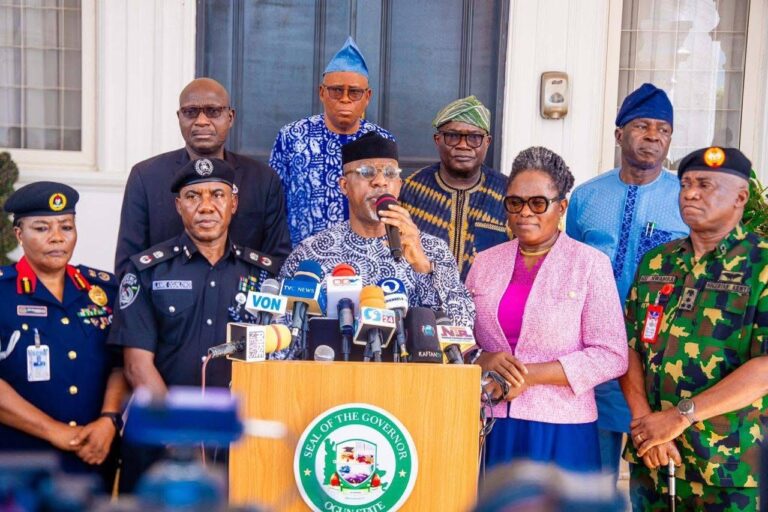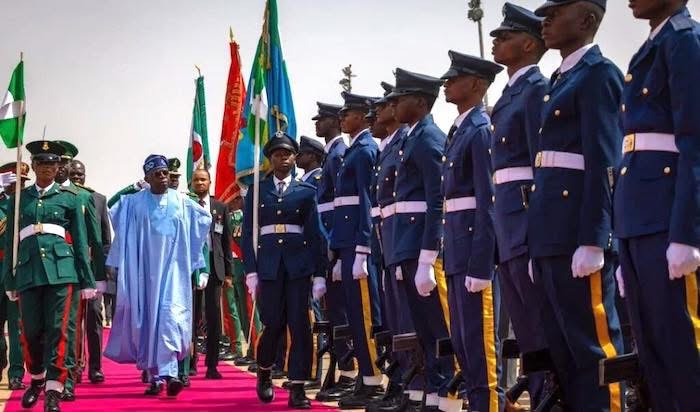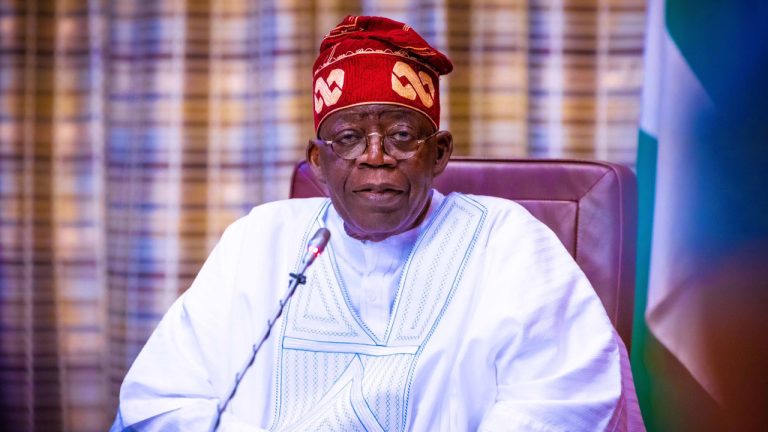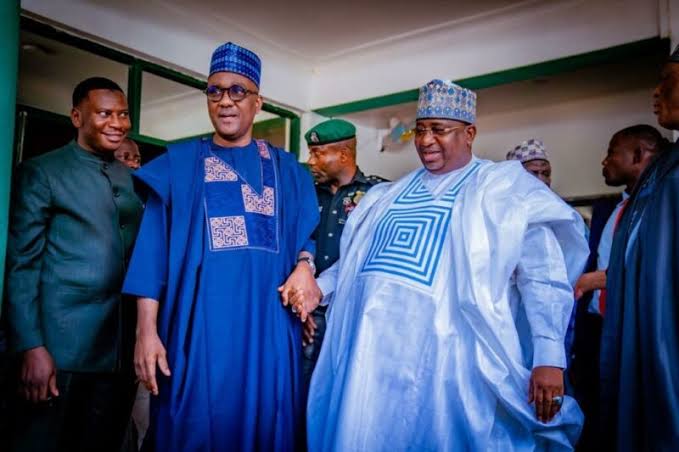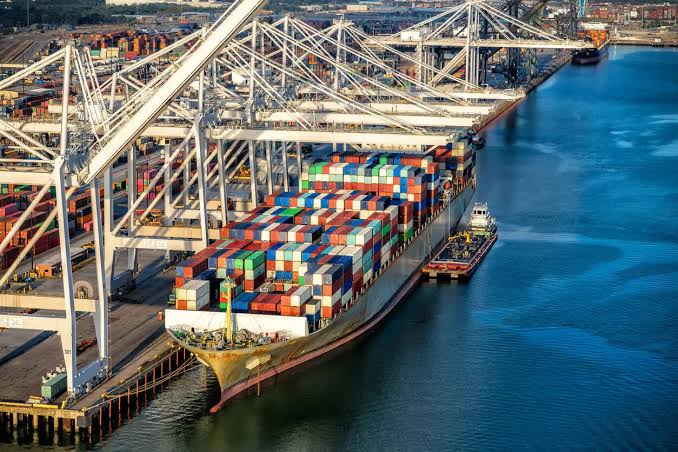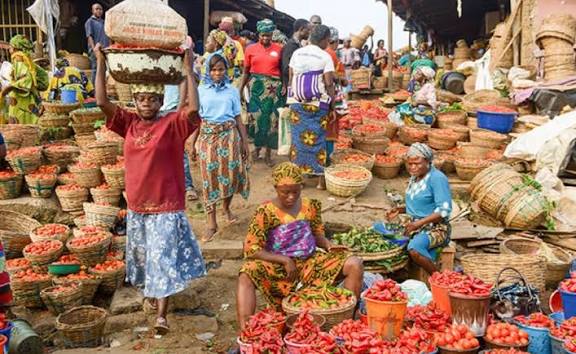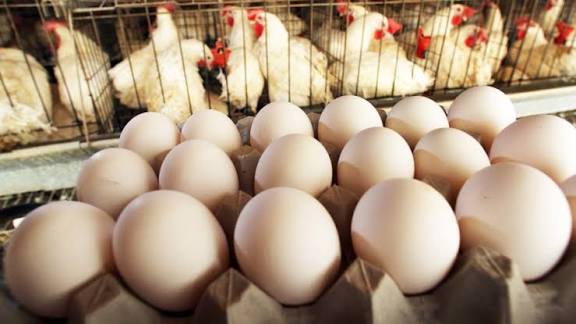….70 foreigners from Niger, Chad, Sudan arrested-Abiodun
Ogun State Governor, Prince Dapo Abiodun on Monday disclosed that a robust security arrangement would be put in place to secure the state in view of the recent spark in the spate of banditry, terrorism an nd other heinous crimes in parts of the country.
As such, the governor noted that the state government will begin the documentation of all undocumented foreign nationals working with multinational companies operating in the state.
He also said new non-indigenes entering the state for the first time would undergo proper screening by their community leaders to ensure they are not used to orchestrate violence, stressing that government must know their purpose and means of livelihood.
Addressing journalists at Iperu after a security meeting, Governor Abiodun said the measures form part of proactive steps to safeguard lives and property across the state.
He revealed that about 70 foreigners, mostly from Niger Republic, Sudan and Chad, had been arrested in recent days after failing to provide clear explanations for their presence in the State.
“The law enforcement agencies have arrested, within the last three to four days, about 70 persons from Chad and Sudan who cannot even speak English and cannot explain what they are doing here.
We are going to process these individuals with the Nigeria Immigration Service.
We will also be calling on our non-indigene communities to be more vigilant so that we know who is here and why they are here,” he said.
The governor also expressed concern over the activities of scavengers, noting that they now pose a greater security threat than before.
“We discussed the issue of scavengers who have become more of a threat. Law enforcement agencies will pay particular attention to them. We will engage them to ensure they are not being used to perpetrate crimes in the state,” he added.
Governor Abiodun said the meeting was convened in response to the country’s current security climate, noting that as Nigeria’s industrial capital, Ogun receives more than five million daily commuters, making it crucial for government to heighten vigilance.
He directed the police to immediately move into areas such as “Zanga” in Ijebu-Ode and similar enclaves across the state and clear them out, warning that properties used by criminals would henceforth be seized by the government.
Speaking on the recent incident at Ajebo in Obafemi-Owode Local Government Area, the governor noted that security officers had visited the settlement to verify that its occupants pose no threat. He also assured that the state’s forest reserves would be thoroughly secured to prevent criminals from using them as hideouts.
He further disclosed that the meeting deliberated extensively on the activities of scrap dealers and scavengers who may now be aiding criminal networks, adding that they would be properly engaged and monitored.
On illegal mining, Governor Abiodun noted that government is aware that some miners operate as miscreants, and is working with security agencies to flush out criminals from mining sites and forest reserves.
The governor appealed to residents to actively support community policing efforts by providing credible information to security agencies.
“Security is not the responsibility of security agents alone. We must work with them. We must report anything suspicious so law enforcement can respond promptly. We must be observant and be our brother’s keeper,” he said.
Governor Abiodun assured that his administration would continue to provide the necessary logistics to security agencies and cautioned Obas and Baales against allocating government land to strangers, warning that any traditional ruler found culpable would be held accountable for undermining the state’s interest.
He commended security agencies for their cooperation and synergy, which he said has contributed significantly to the peace Ogun State currently enjoys.
The governor lauded President Bola Ahmed Tinubu for stabilizing the economy and commended him and security agencies for the prompt rescuing of kidnapped victims in Niger and Kwara states.




